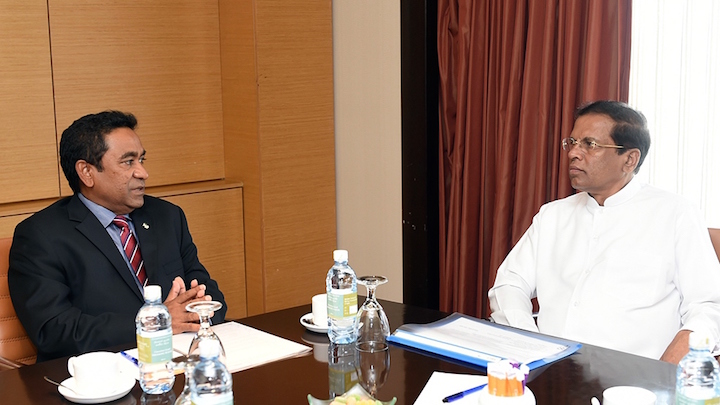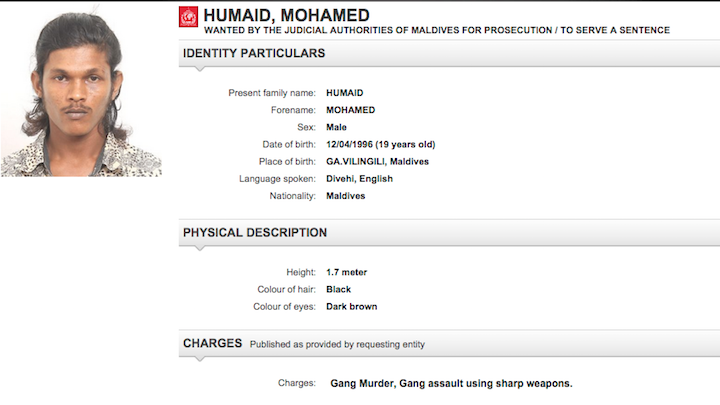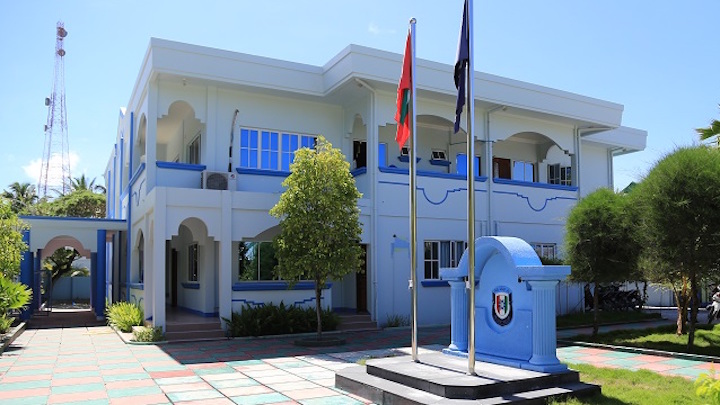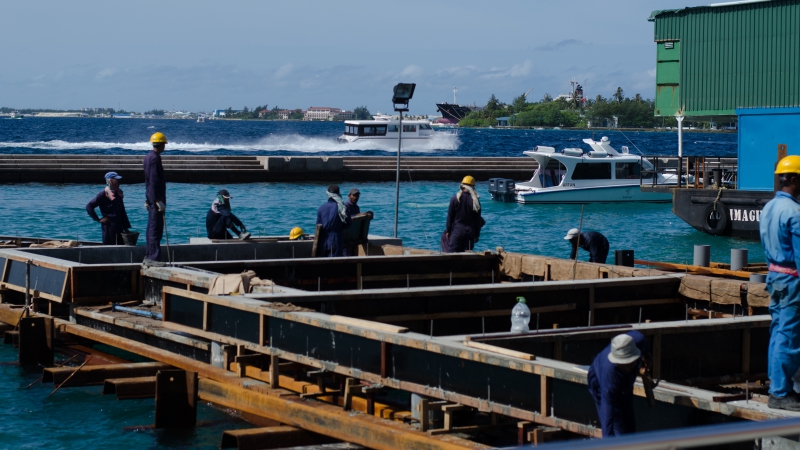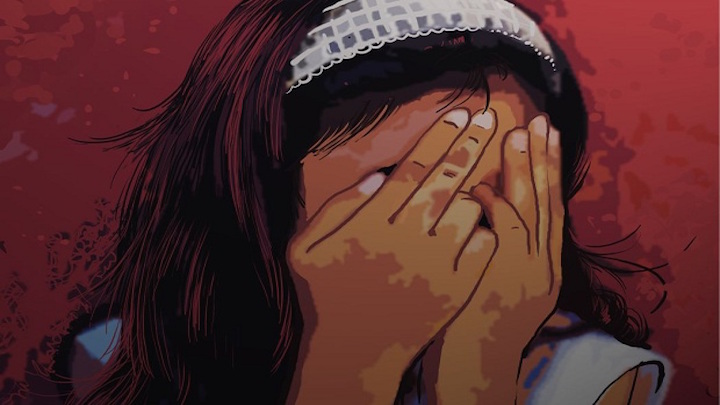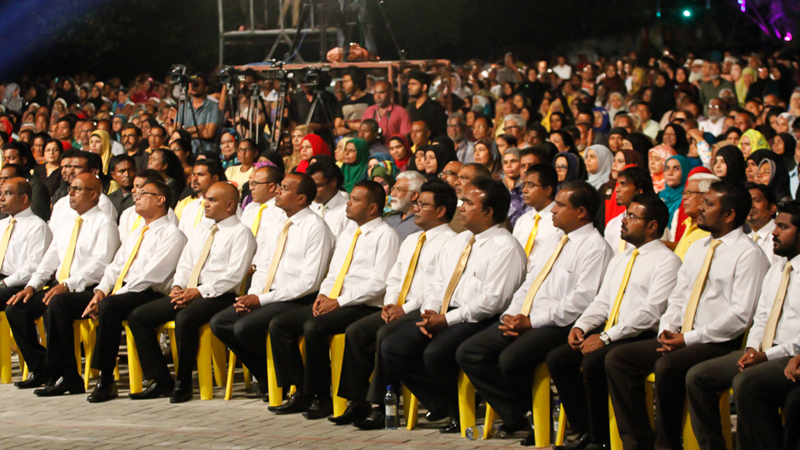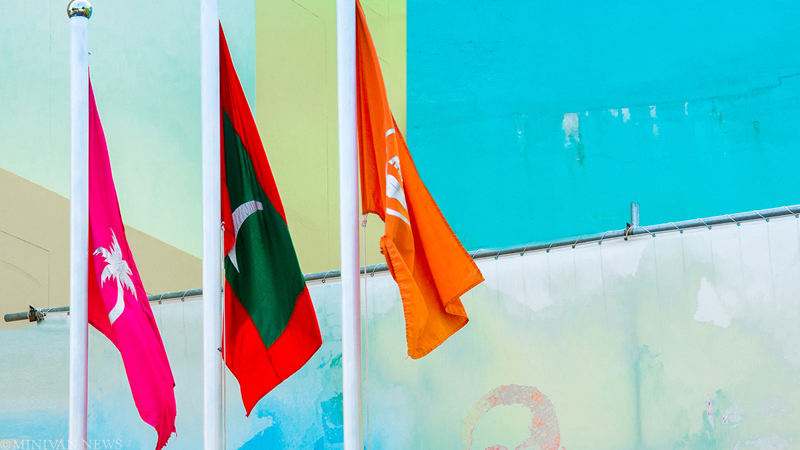Sri Lankan President Maithripala Sirisena is the only head of state to confirm attendance at the July 26 celebrations to mark the Maldives’ golden jubilee of independence from the British.
Speaking to the press today, foreign minister Dunya Maumoon said while President Sirisena had accepted President Abdulla Yameen’s invitation, Pakistan’s Prime Minister Nawaz Sharif was unable to attend “because of certain events in his country.”
An invitation for India’s Prime Minister Narendra Modi is still open, she said.
“President Yameen’s invitation to Prime Minister Modi is still open. He can come at his convenience and will be welcomed by the Maldivian government,” she said.
In March, Modi dropped the Maldives from a tour of his Indian Ocean neighbors. The cancellation came amidst daily anti-government protests and heightened political tension sparked by the arrest and prosecution of former President Mohamed Nasheed.
Opposition supporters expected President Yameen to pardon Nasheed by July 26, but instead the Prosecutor General has announced he will appeal the criminal court’s verdict.
Nasheed was sentenced to 13 years in jail on terrorism charges relating to the arrest of a judge during his tenure. He is under house arrest at present.
Dunya dismissed today rumours that Nasheed had been invited to the official function.
Sirisena will be the second head of state to visit the Maldives since the current administration assumed office in November 2013. Chinese president Xi Jingping visited the Maldives last year.
Other foreign dignitaries who have confirmed their attendance include, the vice chairman of the China’s lawmaking Standing Committee of the National People’s Congress, foreign ministers of Nepal and Palestine, deputy foreign ministers from Japan and Bangladesh, and other ministers from India, Pakistan and Saudi Arabia.
Many diplomats are also expected to attend.
The government is planning grand celebrations to mark Independence Day, including a parade by the army and school brass bands, reopening of public parks with water fountains, an official function at the Usfasgandu area with more than 100 foreign dignitaries, official games at the national stadium, and a football tournament in the atolls.
The home ministry plans to light up all of Malé in LED lights and is rushing to complete preparations. Government offices, the Supreme Court building, the parliament building and main streets have been decked in red, green and white lights. However, power shortages in Malé may spoil plans.
